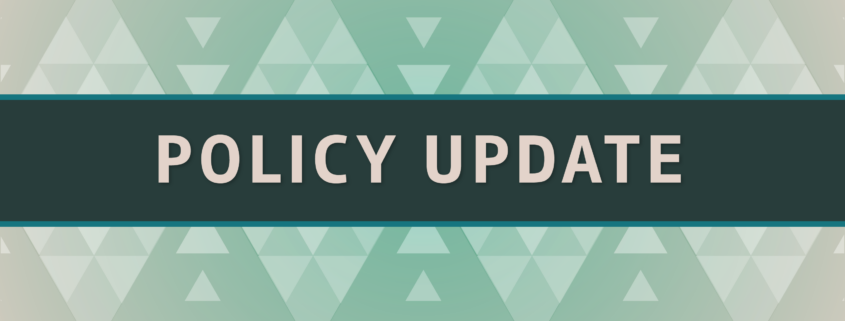June Policy Updates: Supreme Court, Budget News and Upcoming Events
In this Edition:
📸 Monitoring the Bench: Supreme Court Rules 5-4 in Favor of Tribes on Reimbursement of Contract Support Costs for Third-Party Expenses
🏢 FY 2025 Appropriations Update: House FY 2025 Bill Proposes 23% Increase for the Indian Health Service.
🏛 NCUIH in Action: Highlights from June events and conferences.
💬 Advocacy Highlights: Support for Tribal Border Crossing Bill & Addiction Resources.
📝 Federal Agency Comments: NCUIH Advocates for Tribal and Urban Input on IHS Health IT and Strategic Planning Initiatives
🔜 Consultations & Comment Opportunities: Behavioral Health Funding, VHA-IHS Operational Plan
📅 Upcoming Events: Important dates for July meetings and conferences.
📋 Funding Opportunities: HRSA and SAMHSA grants are available.
Monitoring the Bench: Supreme Court Rules 5-4 in Favor of Tribes on Reimbursement of Contract Support Costs for Third-Party Expenses
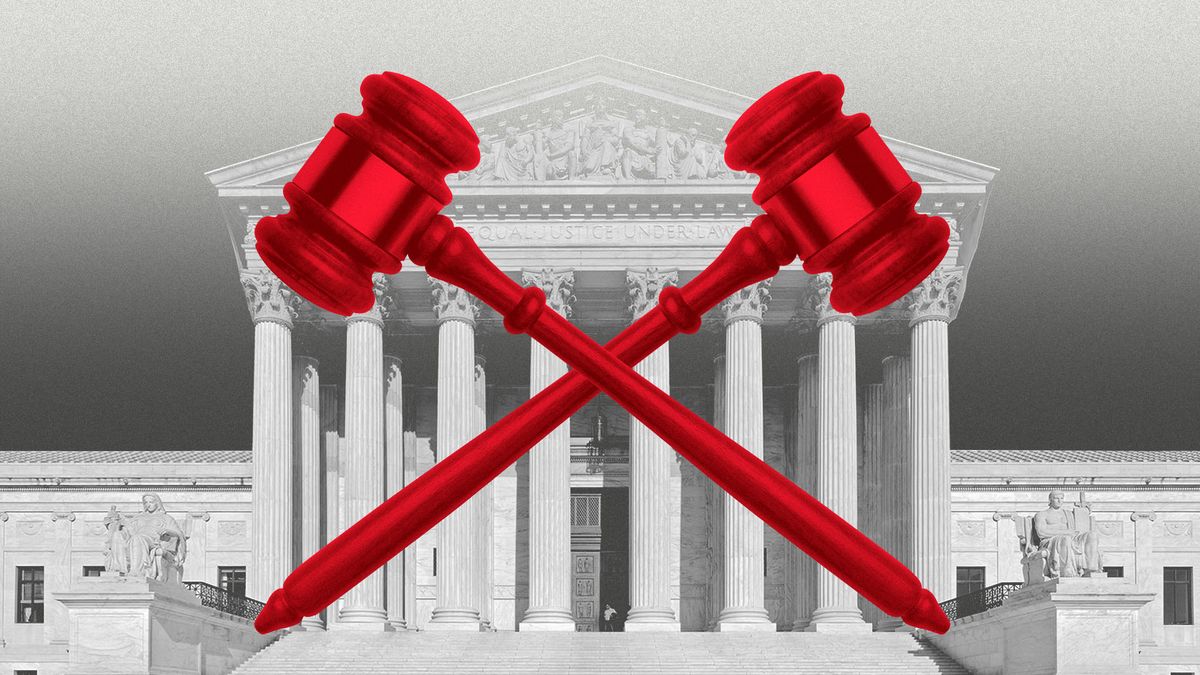
Becerra v. San Carlos Apache (consolidated with Becerra v. Northern Arapaho Tribe)
On June 6, the Supreme Court issued a 5-4 opinion in favor of Tribes.
The bottom line: The court held that when interpreting the Indian Self Determination Act (ISDA), Tribes are entitled to recover contract support costs (CSCs) for expenses incurred when spending third-party revenue to operate their healthcare programs.
Why it matters:
-
While there will be impacts on the IHS budget and how funds are allocated, it is not currently clear what budgetary impacts will be moving forward because the cost of covering these expenses is not yet known.
The big picture: House Appropriations Chairman Tom Cole (R-OK-4), House Appropriations Ranking Member Rosa DeLauro (D-CT-3), and Interior-Environment Appropriations Subcommittee Chairman Mike Simpson (R-ID-2) indicated support for the shift of CSC to mandatory funding.
-
Given the caps on funding under the Fiscal Responsibility Act, a shift to mandatory funding is not expected in FY2025.
What We’re Doing: On June 21, 2024, NCUIH joined a letter led by the National Indian Health Board and signed by the National Congress of American Indians (NCAI), and 25 other organizations, urging Congressional Appropriations leaders to transition CSCs and 105(l) leases to mandatory appropriations.
What else?: Cole said appropriators should consider moving IHS to the much larger Labor-HHS-Education measure, the largest nondefense bill.
Our thought bubble:
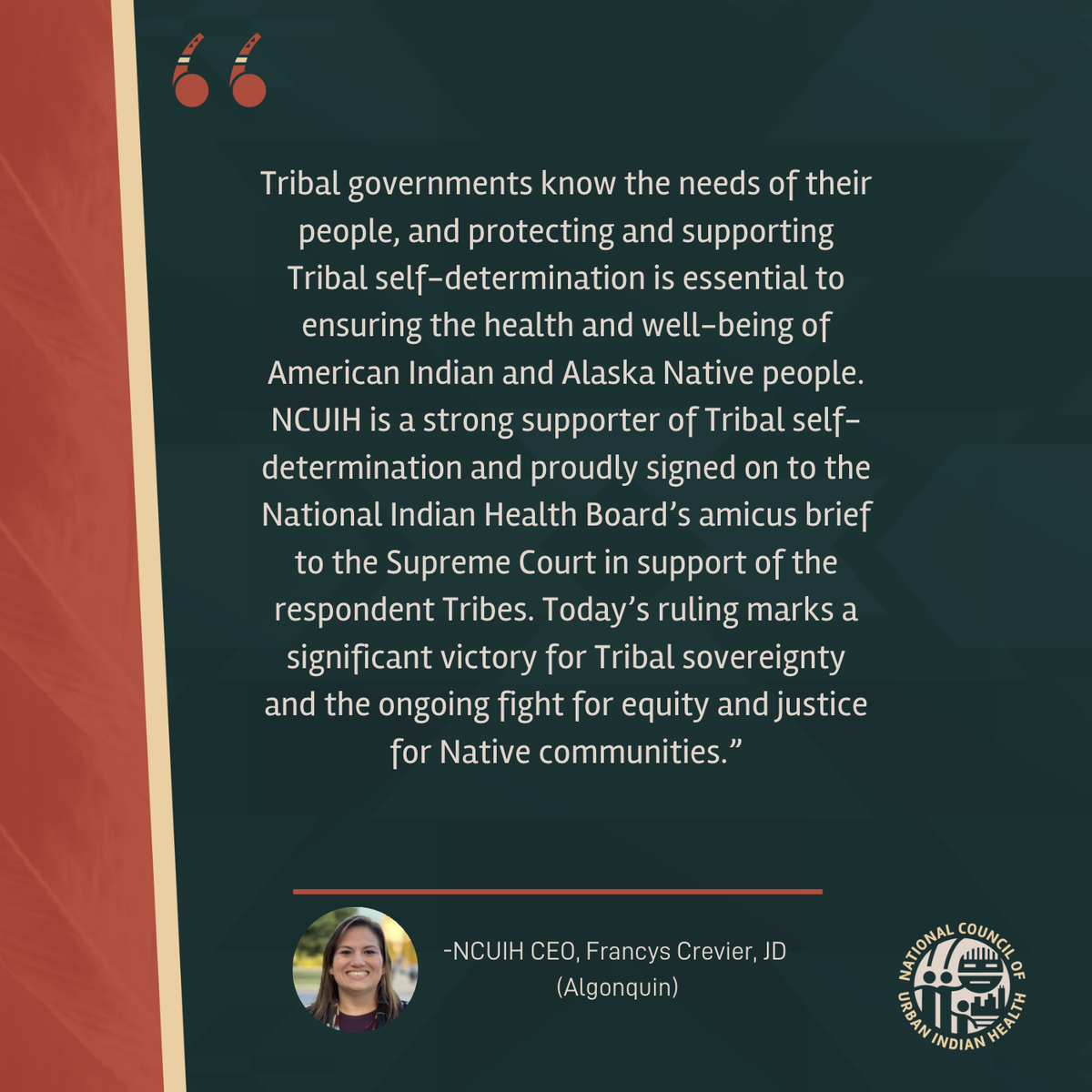
Go deeper: Read NCUIH’s Press Release and FAQ on the Supreme Court Decision.
What’s next: NCUIH will monitor budget conversations and potential impacts on the Urban Indian health line item.
Appropriations Updates: House FY 2025 Bill Proposes 23% Increase for the Indian Health Service

House Updates:
On June 27, the House Appropriations Subcommittee on Interior, Environment, and Related Agencies released the draft FY 2025 budget bill.
By the numbers: The bill provides $38.478 billion for Interior, Environment, and Related Agencies, which is $72 million below the FY24 levels and $4.407 billion below the Biden Administration’s request.
Yes, but: Despite the overall reduction, the bill proposes $8.56 billion for IHS which is $1.6 billion (+23%) above the FY24 enacted levels and $360 million (+4.4%) above the Biden Administration’s request.
-
Additionally, the bill provides $5.98 billion in advance appropriations for FY26.
Read the draft House Interior Bill.
What else?: On June 27, the House Subcommittee held a markup for the Labor, Health and Human Services, Education and Related Agencies (LHHS) bill, which includes funding for vital programs such as Good Health and Wellness in Indian Country, Native Connections, and the AI/AN Suicide Prevention Initiative.
On June 28, the Subcommittee held a markup for the Interior, Environment, and Related Agencies bill.
Why it matters: This markup and bill show that Congress continues to prioritize the responsibility in spite of the spending caps imposed by the Fiscal Responsibility Act.
Senate Updates
On May 23, the Senate Interior Appropriations Committee held a hearing on the President’s FY 2025 budget for IHS.
What they’re saying: Sen. Van Hollen asked a question that NCUIH drafted about what can be done to address the underfunding of UIOs.
-
Director Tso responded that ensuring that reimbursement is similar to the rest of the I/T/U system is critical and that initiatives such as granting UIOs a 100% FMAP, would be instrumental in addressing UIO underfunding.
The Senate has not yet scheduled their subcommittee markups.
NCUIH Action
NCUIH submitted written testimony to the House and Senate Appropriations Committees regarding the FY25 budgets for IHS and HHS. In the testimonies, NCUIH requested the following:
-
Full funding for IHS and Urban Indian Health as requested by the Tribal Budget Formulation Workgroup
-
Maintain Advance Appropriations for IHS, until mandatory funding is authorized and protect IHS from sequestration.
-
Fund the Initiative for Improving Native American Cancer Outcomes
-
Fund the Good Health and Wellness in Indian Country Program
-
Protect Funding for HIV/AIDS Prevention and Treatment.
-
Reclassify Contract Support Costs and 105 (l) Tribal Lease Payments as Mandatory Appropriations.
What’s Next?: After the subcommittees complete their markups, the full Appropriations Committee will hold markups to pass the subcommittee appropriations bills. The dates for the full committee markups are as follows:
-
July 9: Interior, Environment, and Related Agencies bill.
-
July 10: Labor, Health and Human Services, Education and Related Agencies bill.
-
With no Senate markups scheduled, the chances of passing a budget by September 30 decrease considerably.
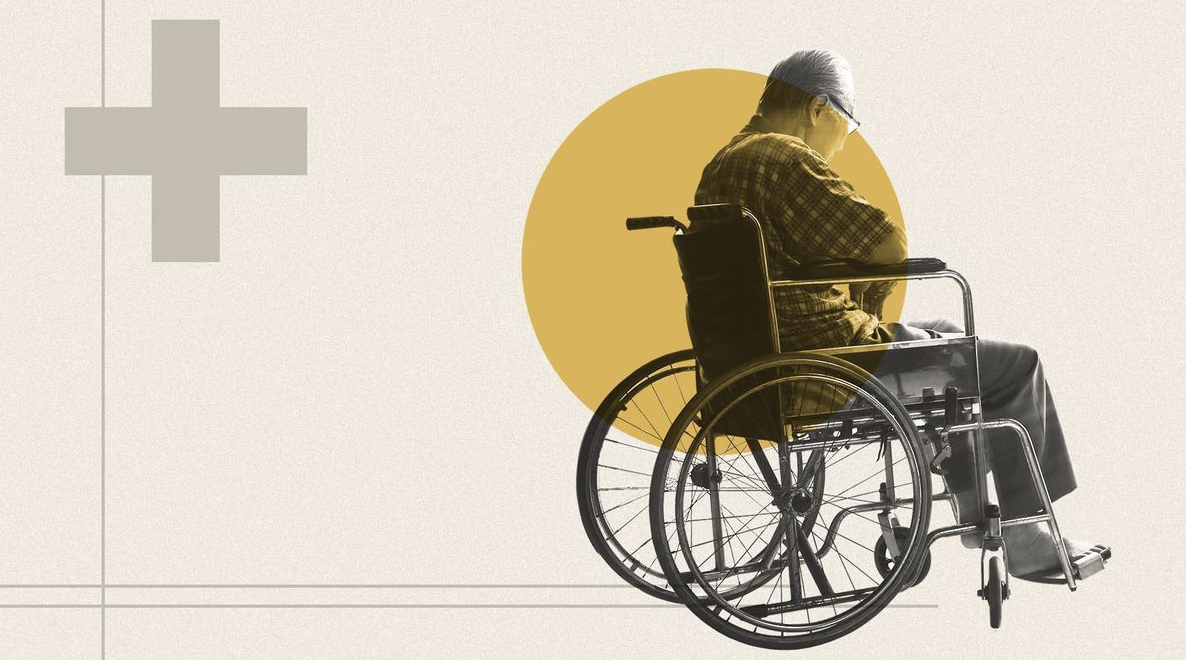
NCUIH has endorsed the bipartisan Tribal Border Crossing Parity Act (H.R. 7805), which would simplify the process for American Indian and Alaska Native people crossing the United States-Canada border and uphold Tribal sovereignty.
Why it matters: This bill would allow Tribal members to use their Tribe-issued IDs as proof of citizenship in a federally recognized Tribe to cross the border, rather than having to provide proof of 50% blood quantum.
Go deeper: Read NCUIH’s blog.
What else?: NCUIH has also endorsed the Comprehensive Addiction Resources Emergency Act of 2024 (CARE Act) (S.4286/H.R. 8323), which would provide $125 billion in federal funding with over $1 billion year for tribal governments and organizations.
Why it matters: The bill proposes $150 million to Native non-profits and clinics, including urban Indian organizations and Native Hawaiian organizations, specifically to test culturally informed care models.
Go deeper: Read NCUIH’s blog.
NCUIH Advocates for Tribal and Urban Input on IHS Health IT and Strategic Planning Initiatives
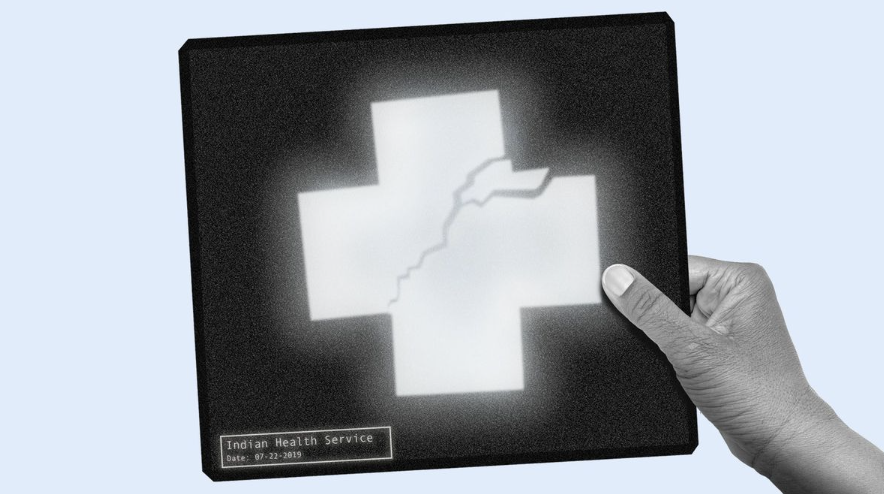
On June 7, NCUIH submitted comments to IHS on Health Information Technology (HIT) Modernization Program: Deployment and Cohort Planning, which included a recommendation to ensure IHS accounts for challenges related to operational and financial costs.
Background: IHS held a Tribal Consultation and Urban Confer on May 9 providing information and updates on the EHR implementation process. This is the second TC/UC and comment opportunity on HIT Modernization in 2024.
What’s next:
-
August 8, 2024 – Virtual Tribal Consultation/Urban Confer (HIT Modernization Program: Multi-Tenant Domain Considerations)
-
November 7, 2024 – Hybrid Tribal Consultation/Urban Confer (HIT Modernization Program: Site Readiness and Training)
What else?: On June 28, NCUIH submitted comments to IHS regarding IHS’ Strategic Plan for FY 2024-2028.
Background: IHS hosted an Urban Confer on May 30. The draft IHS Strategic Plan for FYs 2024-2028 will establish the Agency direction for the next 5 years.
Go deeper: NCUIH recommended that IHS incorporate urban Indian health into the plan, improve data accuracy, and engage UIOs throughout the plan’s development.
Upcoming Federal Comment Opportunities: Behavioral Health Funding, VHA-IHS Operational Plan
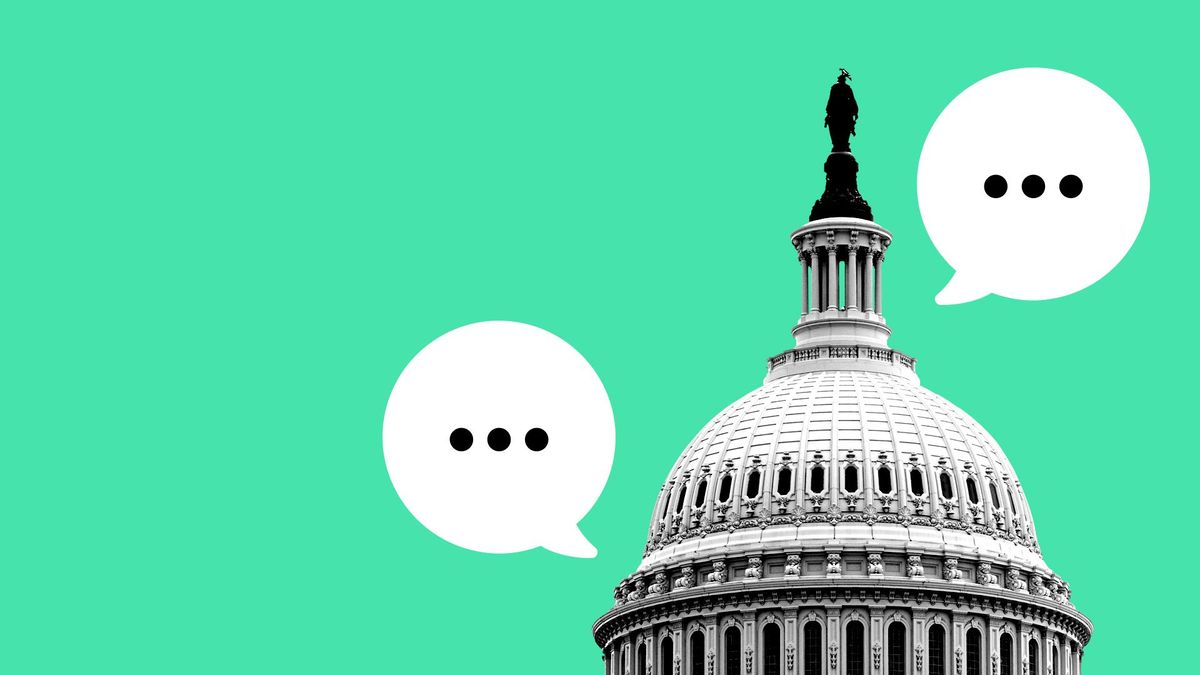
Up First: July 22 – IHS Urban Confer regarding Division of Behavioral Health (DBH) Funding Initiatives.
Background: IHS held an urban confer on June 20, 2024. In fiscal year (FY) 2024, the IHS administered more than $59 million in behavioral health initiatives funding.
-
DBH is evaluating Agency-wide processes for distributing appropriated funding for 7 behavioral health initiatives: Substance Abuse Prevention, Treatment and Aftercare (SASP); Suicide Prevention, Intervention and Postvention (SPIP); Domestic Violence Prevention; Forensic Healthcare Services; Behavioral Health Integration Initiative (BH2I); Zero Suicide Initiative (ZSI); and Youth Regional Treatment Centers Aftercare (YRTC).
What’s next: The comment submission deadline for both the Tribal Consultation and Urban Confer is on Monday, July 22, 2024. Consultation comments should be directed to consultation@ihs.gov.
TBD– VHA-IHS MOU Operational Plan for FY24 and Joint Tribal Consultation and Urban Confer
-
Background: The VA and IHS sent a Dear Tribal and Urban Leader Letter seeking feedback on the VHA-IHS MOU Operational Plan for FY 2024. The date for the VA/IHS Urban Confer is TBD. Learn more here.
NCUIH in Action: UIO Site Visit, June Engagements & Representations at Key Conferences
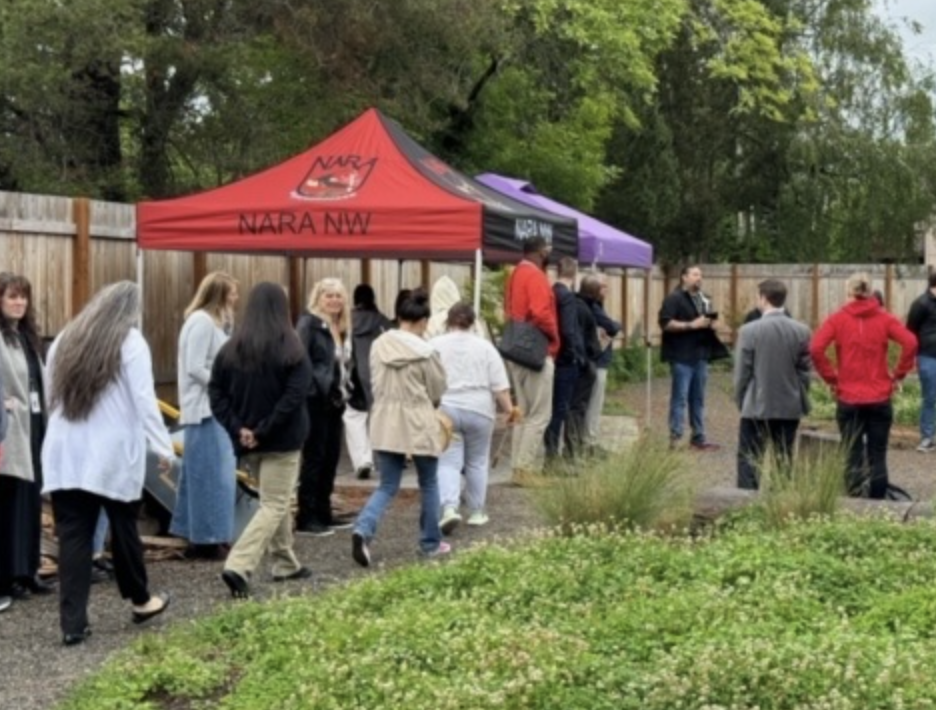
On June 4th, NCUIH CEO Francys Crevier represented UIOs at the 2024 Grantmakers in Health Annual Conference, and hosted a site visit for funders to NARA NW.
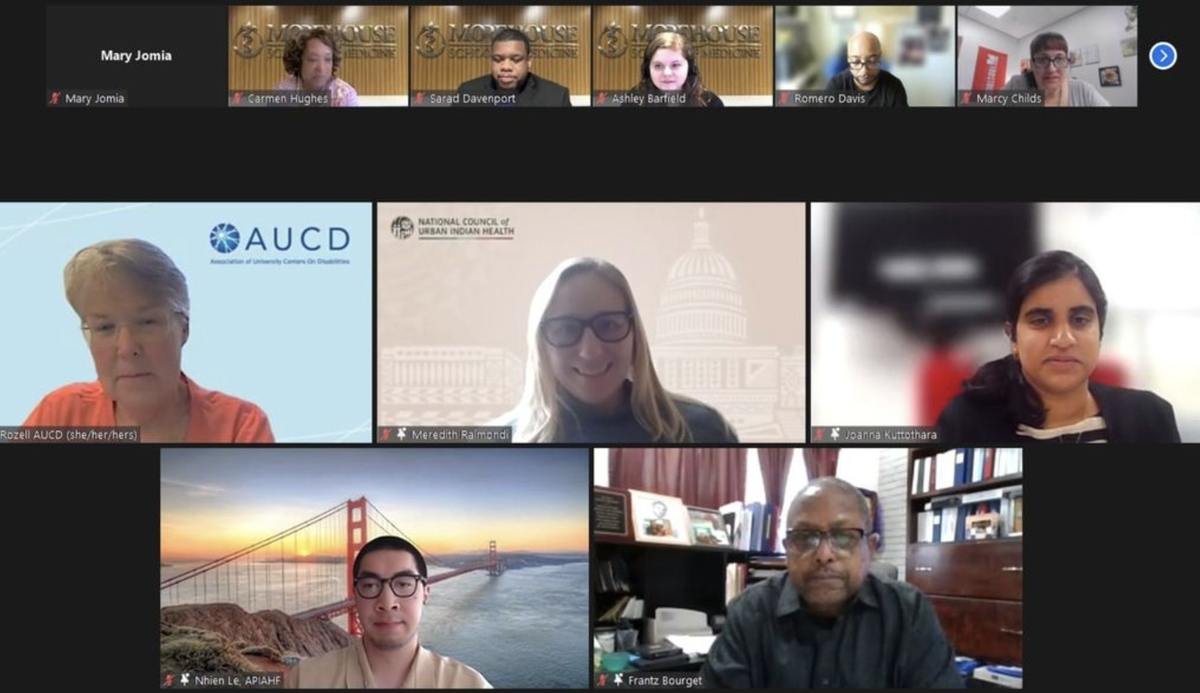
On June 11, NCUIH represented UIOs during a panel discussion at the Morehouse School of Medicine’s National COVID-19 Resiliency Network Partner Celebration.
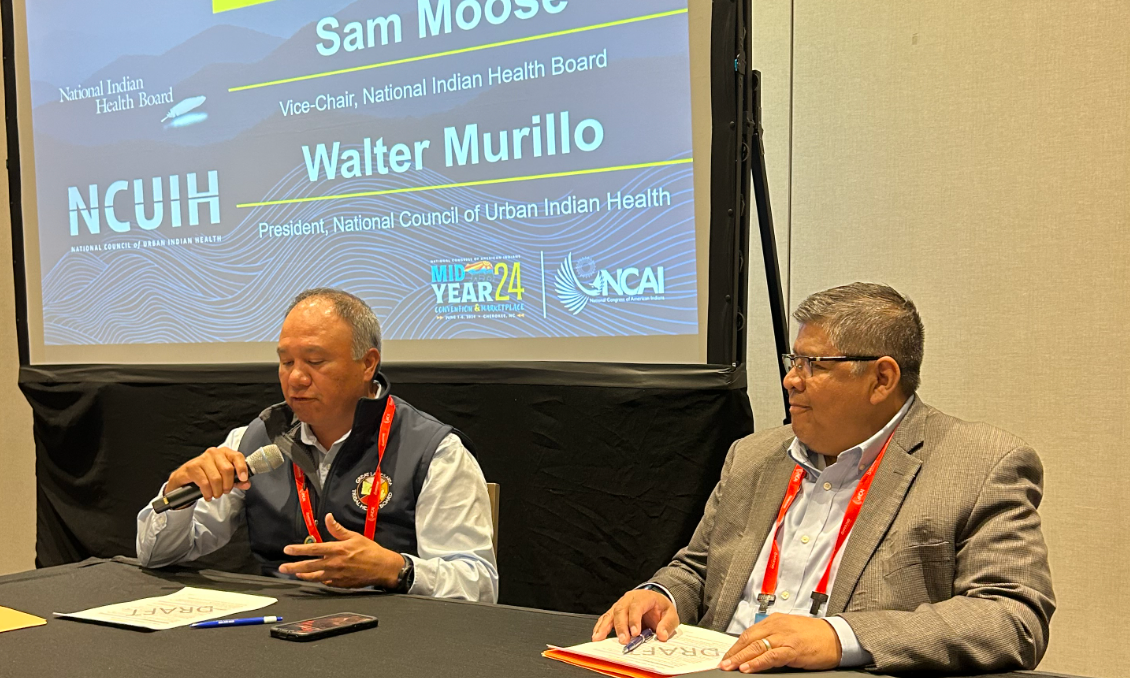
Sam Moose (Mille Lacs Band of Ojibwe), Vice Chair, National Indian Health Board, Walter Murillo (Choctaw), NCUIH Board President
On June 3-6, NCUIH represented UIOs at the NCAI Mid-Year Convention & Marketplace. NCUIH presented policy updates to the Health Subcommittee, which is co-chaired by NCUIH President Walter Murillo and NIHB. NCUIH President, Walter Murillo, also gave remarks at the General Assembly.
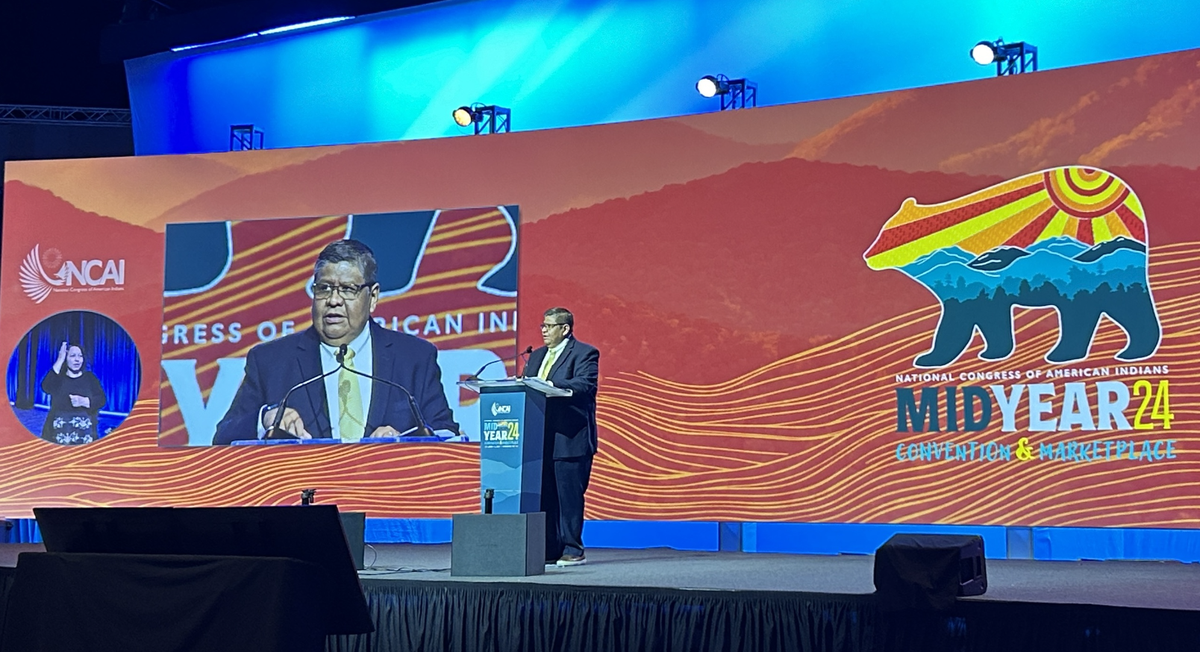
NCUIH Board President, Walter Murillo (Choctaw), presents before NCAI Mid-Year 2024 General Assembly.
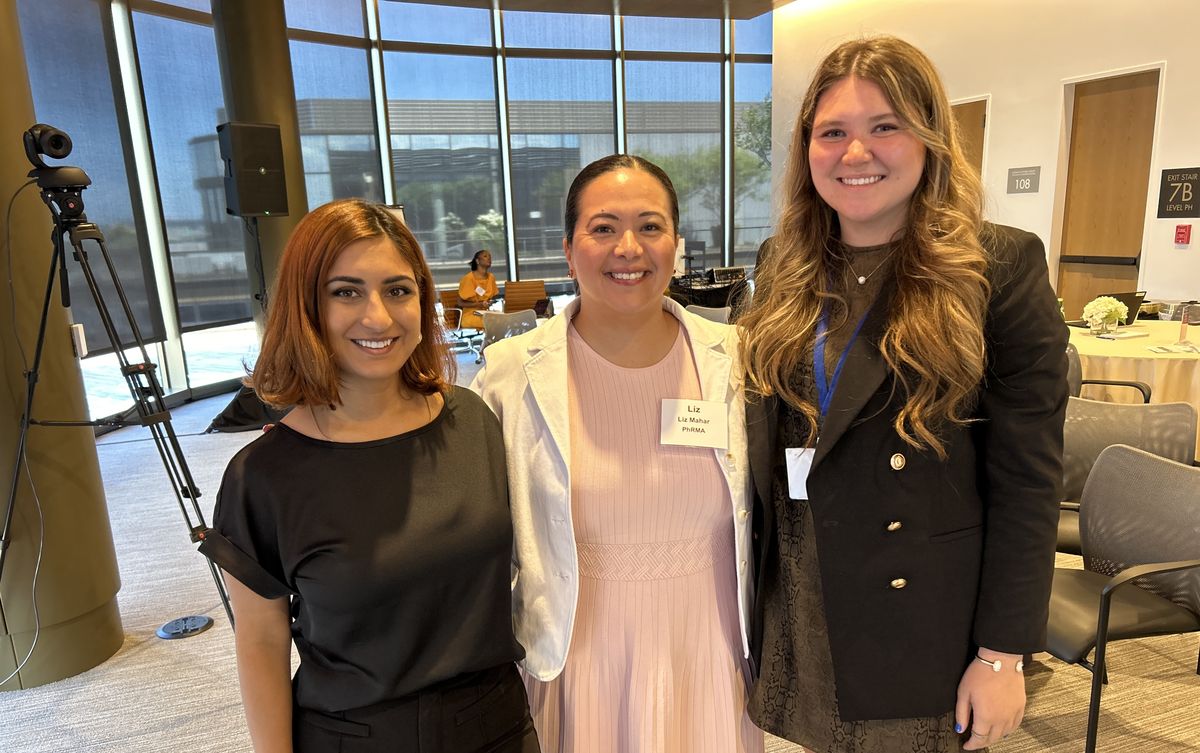
On June 24, NCUIH participated in the PhRMA Health Equity Symposium and engaged in meaningful discussions about assessing public policy solutions to advance health equity.
Recent Highlights: Tribal Leaders Diabetes Committee, OUIHP Strategic Plan Update
ICYMI:
June 11-12: IHS Tribal Leaders Diabetes Committee (TLDC) Meeting in Scottsdale, AZ:
-
Adrianne Maddux, Executive Director at Denver Indian Health and Family Services and NCUIH Board Treasurer, represented UIOs at the meeting.
-
All 310 SDPI and SDPI-2 grant recipients have received full funding for the 2024 grant year, ending December 31, 2024. SDPI recipients (302) are funded until March 31, 2025. Sufficient funds are allocated to support SDPI-2 until December 31, 2027.
-
TLDC discussed $70 million in unobligated grant funding, proposing $10 million for Calendar Year 2024 supplements and $60 million for a 1-year physical activity grant, or $70 million for multi-year supplemental funding for SDPI grantees. Plans for a Tribal Consultation and Urban Confer are in progress.
June 11: Medicaid, Medicare, and Health Reform Policy Committee (MMPC) Monthly Meeting
-
Twenty Senate Democrats have signed a letter requesting that the syphilis outbreak in Indian Country be declared a public health emergency.
May 21: IHS OUIHP posted the 2023 OUIHP 4th Quarter Work Plan Update outlining progress on the agency’s 2023 Work Plan to carry out the goals from the 2023-2027 OUIHP Strategic Plan for UIOs.
Go deeper: The accomplishments, as of December 31, 2023, highlighted included:
-
Collaborations with the Veterans Health Administration and the White House Council on Native American Affairs Health Committee
-
Providing technical assistance on 100% Federal Medical Assistance Percentage (100% FMAP) and the assignment of United States Public Health Service Commissioned Officers to UIOs.
Recent Dear Tribal Leader Letters (DTLLs) and Dear Urban Leader Letters (DULLs)
-
On May 20, 2024, the IHS released “Addressing Dementia in Indian Country: Enhancing Sustainable Models of Care,” a new 3-year funding opportunity that will fund six new Alzheimer’s programs totaling $1.2 million per year.
-
The grants will focus on expansion and sustainability planning as well as designing and testing approaches to incorporate current, new, and future billing opportunities through the Centers for Medicare & Medicaid Service (CMS).
Upcoming Events
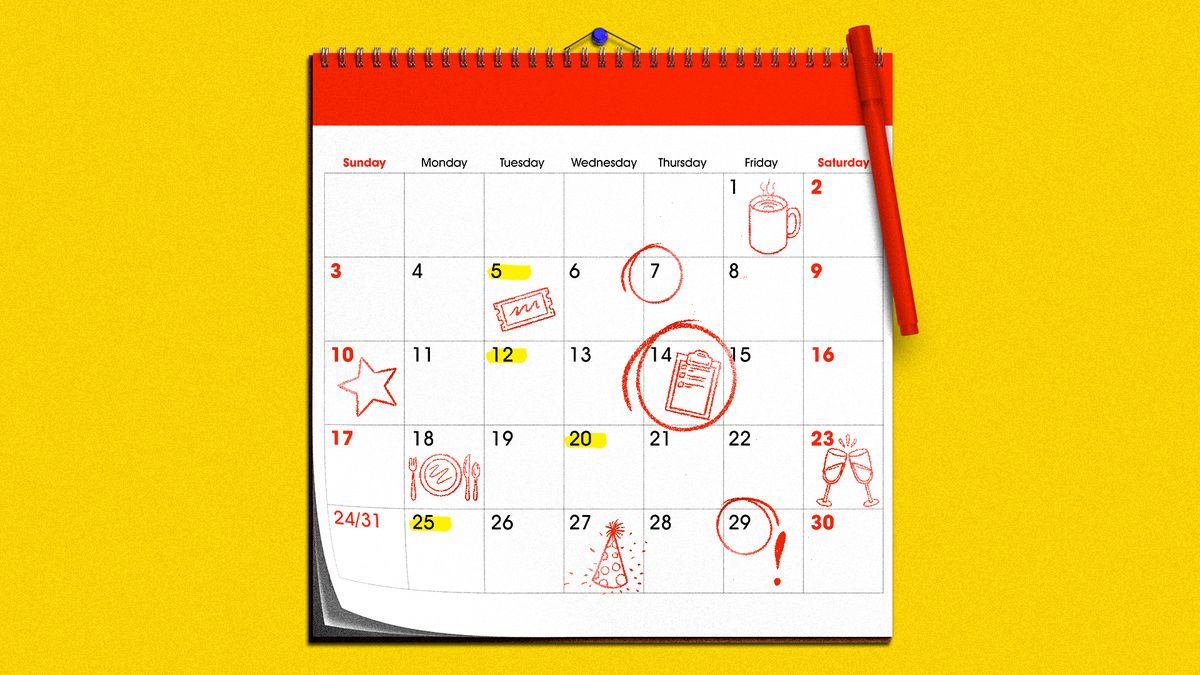
July 16: MMPC Face-to-Face Meeting
July 17-18: CMS TTAG Face-to-Face Meeting
One last thing, check out these upcoming funding opportunities:
Health Resources and Services Administration (HRSA) Nurse Education, Practice, Quality and Retention (NEPQR) – Workforce Expansion Program (WEP)
-
Application Deadline Date: July 26, 2024 (Apply)
Substance Abuse and Mental Health Services Administration (SAMHSA) Women’s Behavioral Health Technical Assistance Center
-
Application Deadline Date: August 20, 2024 (Apply)

